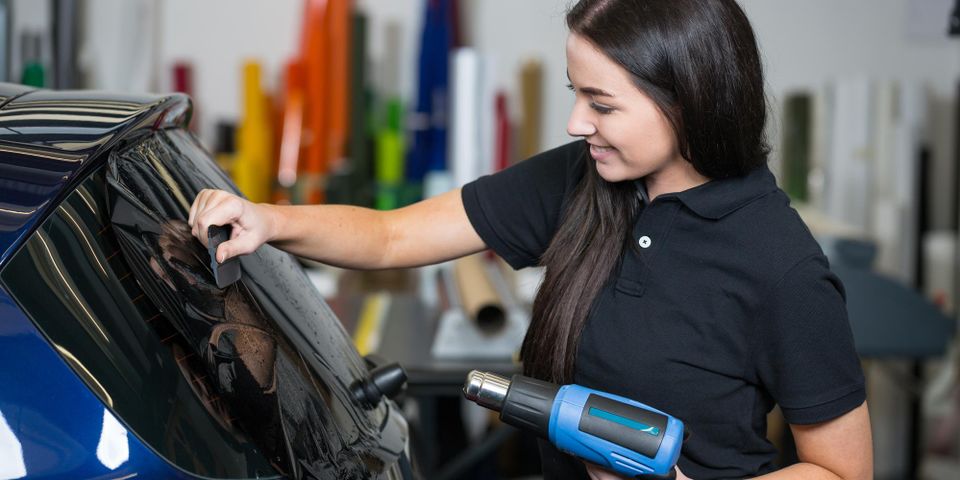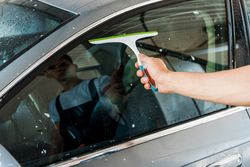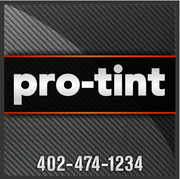
Auto window tinting has many benefits—from increasing your privacy while driving to reducing glare from the sun to protecting your upholstery from fading. However, as with every other aspect of your vehicle, care needs to be taken to extend its life span. The guide below explores what factors can negatively impact its ability to provide shade and when you should replace it.
Window Tinting Quality
The quality of your auto window tinting will have the greatest influence on how long it will perform. In areas with intense sunlight, a low-quality film can fade after only a few months. High-grade window tinting film is made from carbon or ceramic and often features a UV inhibitor to prevent sun damage. The highest quality tints often come with a lifetime warranty.
Inexpensive auto window tinting is also more prone to bubbling, peeling, scratching, and color shifting. This means that it will need to be replaced much more frequently—likely at a higher cost than you would have paid by investing in a single quality tint.
Other Hazards
 Regardless of what kind of tint was installed, park your car in a covered, shaded area whenever possible to limit sun exposure. While these films typically use a scratch-resistant coating, they can still be injured if you let your seatbelt rebound against the glass when taking it off. Ammonia-based window cleaners can also damage the tint, so avoid using them when caring for your vehicle.
Regardless of what kind of tint was installed, park your car in a covered, shaded area whenever possible to limit sun exposure. While these films typically use a scratch-resistant coating, they can still be injured if you let your seatbelt rebound against the glass when taking it off. Ammonia-based window cleaners can also damage the tint, so avoid using them when caring for your vehicle.
For high-quality, long-lasting auto window tinting, rely on the team at Pro-Tint in Lincoln, NE. Serving Lancaster County for over 40 years, their knowledgable team can outfit your vehicle, home, or business with effective window protection from the sun in a variety of grades. Learn more about their services by visiting their website. Call (402) 474-1234 with questions or to schedule an appointment.
About the Business
Have a question? Ask the experts!
Send your question

